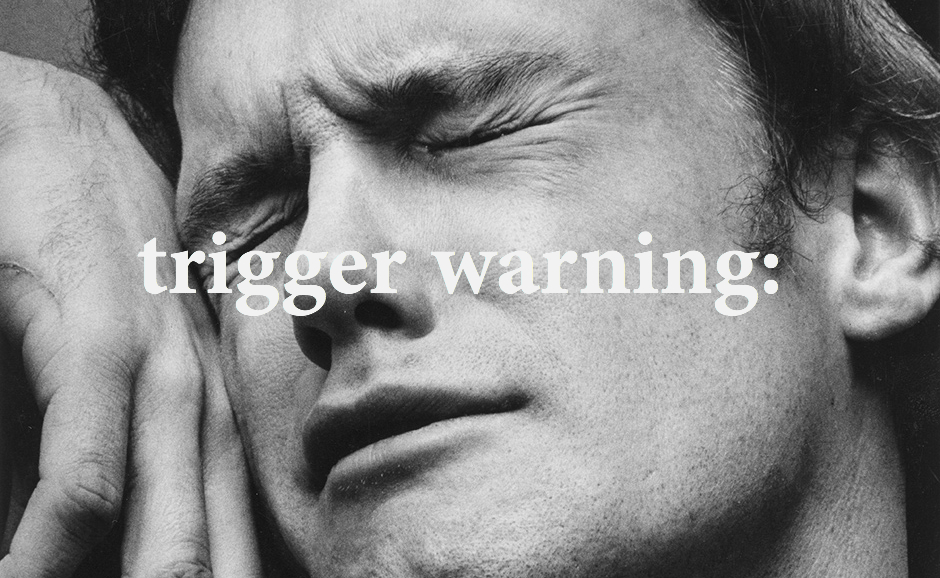A Little Life Is A BIG Gay Novel
By Samuel Leighton-Dore
If you’re ever looking to recommend a book to someone suffering through depression, heartbreak, or a quarter-life existential crisis, A Little Life by Hanya Yanigihara certainly isn’t the book you’re after. In fact, the front cover should come with a trigger warning for those who’ve suffered sexual/emotional abuse. Or mental illness. Or physical disability.
While the epic 700-something-page book is being hailed by many as the “great gay American novel”, it’s also been heavily criticised for the cruel, at times excessive lengths of suffering inflicted upon Yanigihara’s central characters – all of whom are male, most of whom are either gay or, y’know, experimental. The American author recently commented to an acquaintance of mine that she “wanted the book to feel like how a lobster feels when it’s being killed.”
While I can’t quite attest to that, I can say that A Little Life is the kind of book that makes you miss your bus stop or weep quietly behind your desk at work (both of which happened to me on numerous embarrassing occasions).
Written “in a fever dream” over the course of eighteen months, the coming of age story follows the lives of four friends, Malcolm (an architect), Willem (an actor), JB (an artist), and Jude (a lawyer) in New York City after they’ve graduated from college – following them across three tumultuous decades and well into their fifties. While the central narrative revolves around the increasingly troubled and frustratingly passive Jude, the supporting characters are interwoven throughout with ease; the sturdy-yet-flawed emotional infrastructure for a man who’s been through more than most of us could possibly imagine.
I really don’t want to spoil the narrative here, because I firmly believe this is a book one needs to experience unarmed; blow-by-blow, without warning, expectation or safety gear. But I will say that Jude’s suffering throughout the book has been interpreted by some as an iteration of the abandonment, exploitation, and abuse that remain endemic in the experience of queer youth. While discussion on such experiences is today often defined by catch-phrases such as “it gets better”, Yanigihara’s novel offers the stark alternative, reminding the reader that sometimes it doesn’t get better – sometimes the damage simply runs too deep.
I have to admit, it’s an emotionally challenging read – with some disregarding the book, which was this year nominated for The Man Booker Prize, as well-written “torture porn”. This is largely due to Yanigihara’s gut-wrenching and oft-invasive descriptions of self-harm, drug use and sexual abuse; forcing me to glance away from the page, wincing, a number of times, much to the amusement of those in my company.
However, the story is one worth reading, if not for the unflinching depiction of male friendship. At a time when representation of masculinity in film and literature often borders on the typically rough and relationally repressed heteronormative, A Little Life stands defiantly unafraid of nuance. Much like the American cover for the book, a photograph depicting a seemingly pained man in the throes of orgasm, the novel embraces the vast greyness of sexuality and the emotional turmoil/intersectionality that often comes with it.
Whether or not it proves to be the elusive “Great Gay American Novel” is yet to be seen. Regardless, A Little Life will certainly leave a mark.
In fact, it will leave you shattered.
Hanya Yanagihara is currently in Sydney for The Sydney Writers Festival.


